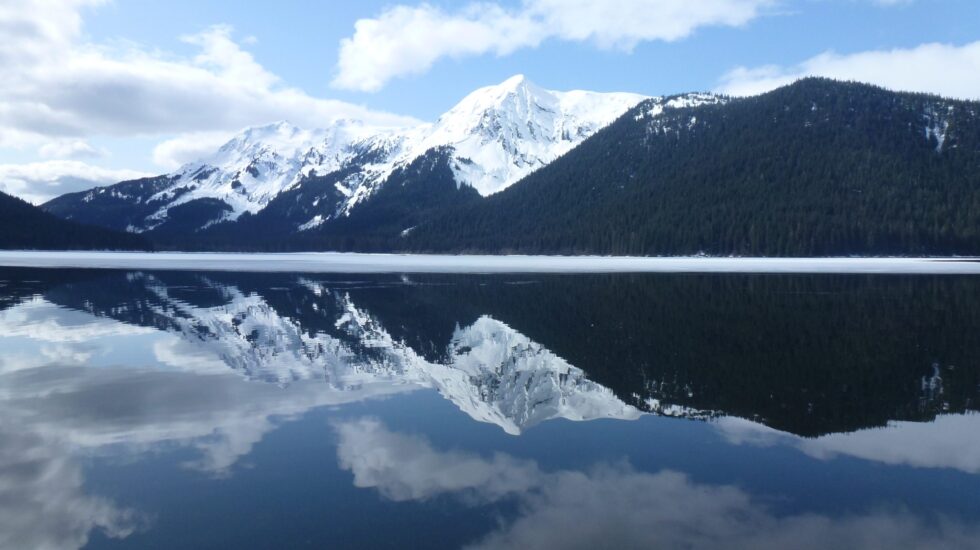Three months before leaving office, then President Donald Trump stripped away a longstanding rule that protected Alaska’s Tongass National Forest from development. On Friday, the Biden Administration vowed to reinstate the pristine area’s protected status, which was first introduced in 2001.
The announcement, which was cheered by conservationists, is the latest in a series of moves which indicate that Biden is committed to reversing Trump’s environmental policy.
Tongass contains many trees that are older than the United States and the 9.3 million acre forest plays an outsized role in absorbing the continent’s carbon emissions. According to Environment America, “this majestic wild space, which is home to species from the Prince of Wales flying squirrels and Sitka black-tailed deer to any of the thousands of migratory birds, would be forever changed for the worse if roads and logging equipment were allowed to disrupt it. ”
Republicans have long sought to allow drilling, mining and logging in the region, but a rule finalized in the final days of the Clinton administration barred road construction in the forest, essentially killing any development plans.
Trump exempted Tongass from the so-called “roadless rule” at the urging of Alaska’s governor, Republican Mike Dunleavy. Dunleavy said economic activity in the region would create jobs.
The Washington Post explains that the reinstatement of the “roadless rule” is forthcoming, but it is not yet finalized:
While the Forest Service temporarily halted roadbuilding activities in the Tongass by issuing a memo in February subjecting them to a special review, it will still take months for the new proposal to be finalized. And Alaska’s exemption from the roadless rule is now in litigation, so the courts could also intervene in the case.
“The Trump-era decision to exempt the Tongass National Forest from the Roadless Rule is one of the very worst pieces of forest policy we’ve seen in decades, and the sooner the Biden administration gets rid of the exemption and restores the national roadless rule, the better,” Southeast Alaska Conservation Council executive director Meredith Trainor said in a statement.



